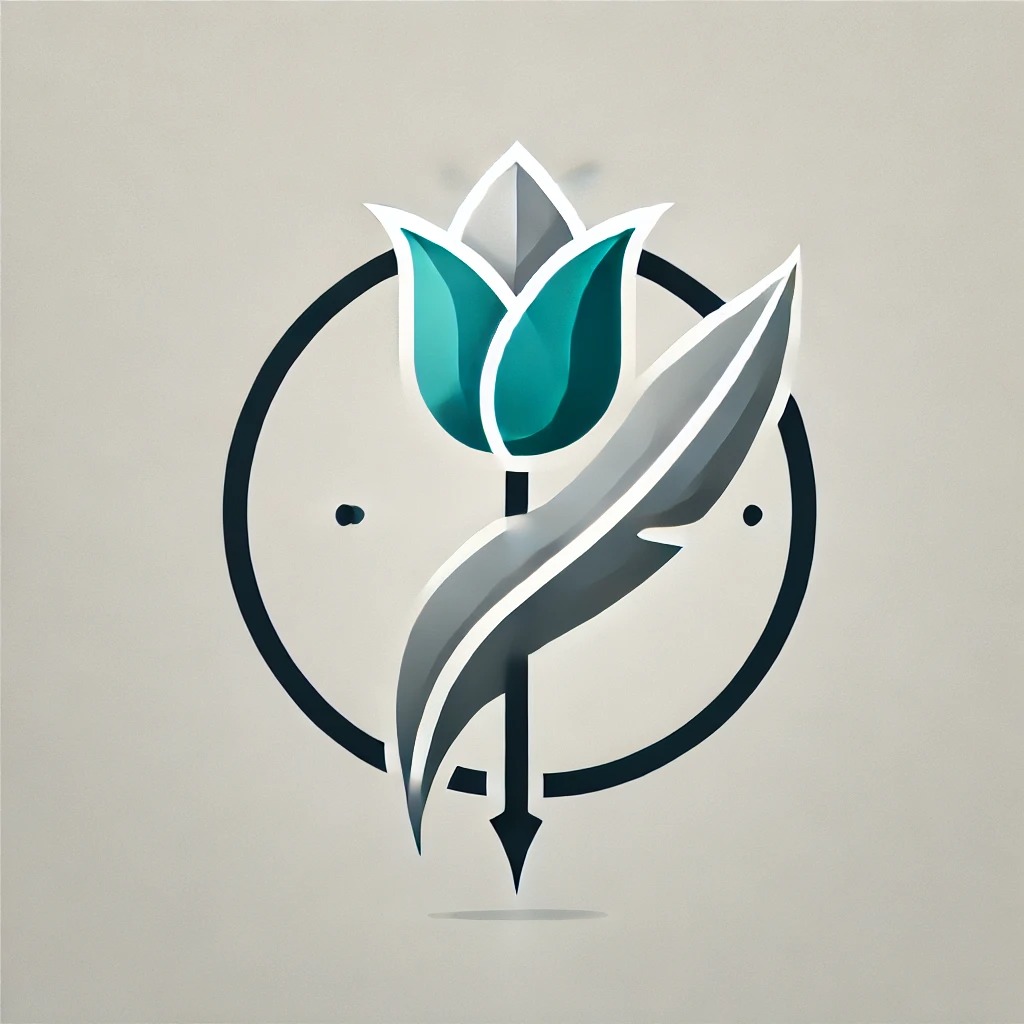
Beş Gül (Enis BATUR)
Original Version
Coordinator/ Human Translation
Machine Translation (Google Translate)
BEŞ GÜL
Sizin için tuttum beş gül getirdim Sevgili,
durup dururken beş kırmızı gül getirdim, kan.
Beş beyaz gül süt, beş sarı gül altın yaprak,
tuttum beş pembe gül getirdim Sevgili, tan.
Başka bir el koparmış onları, benim elim
bunca korkak: Bir dikmeyi bilirim, bir de
dokunmayı: Tepeden tırnağa teniniz yangın
beldem, sizin için beş siyah gül parmaklarım.
kömür. Toprak, temas, sahi bir de ak kâğıt,
seçtiğim kelimelerin arasında nedense mağrur,
ilerlerim karda bıraktığım izler birer ağıt,
ayırdım dikenleri: Sizin için bu beş arı gül.
FIVE ROSES
I brought you five roses, Beloved,
out of nowhere, I brought five red roses, blood.
Five white roses like milk, five yellow roses with golden leaves,
I held five pink roses and brought them, Beloved, at dawn.
Another hand had plucked them, not mine,
so cowardly: I know how to sow, and also
to touch: Your whole body is my burning town,
for you, I brought five black roses, my fingers of coal.
Soil. Contact. Oh, and also white paper,
among the words I carefully chose, somehow proud,
I move forward, leaving traces like elegies in the snow,
I separated the thorns: These five pure roses are for you.
FIVE ROSE
I brought five roses that I held for you, dear,
out of the blue I brought five red roses, blood.
Five white roses milk, five yellow rose gold leaves,
I held and brought five pink roses Dear, tan.
Another hand tore them off, my hand
so many cowards: I know how to sew and one
to touch: your skin is on fire from head to toe
my waist, my five black rose fingers for you.
coal. Soil, contact, and indeed white paper,
Somehow proud among the words I chose,
I move forward, the traces I leave in the snow are laments,
I separated the thorns: These five bee roses for you.
Critical Reading and Analysis: Çıraklı “A Modest Proposal for Critical Reading”
Enis Batur (1952-) is a contemporary Turkish poet, writer, and editor known for his highly intellectual and symbolic poetry. His work often blends philosophy, literature, and various artistic influences, focusing on complex themes of identity, memory, and language. Batur’s poetry is marked by its depth, layering of meanings, and symbolic richness. He has been a significant figure in Turkish literature since the 1980s, working within postmodern and experimental frameworks.
The poem is set in an abstract and symbolic world, where the speaker brings five roses (each of a different color) to a beloved. Each color—red, white, yellow, pink, and black—holds a symbolic meaning, representing various emotional and physical states (love, purity, wealth, life, death). The setting is intimate yet emotionally complex, where the act of bringing roses becomes a deeply personal and symbolic gesture. The speaker reflects on the act of touch, vulnerability, and the tension between action (picking roses) and passivity (being unable to act decisively).
Postmodern Movement
• Equilibrium: The speaker offers five roses to the beloved as a symbolic gesture. • Disruption: The realization that the roses were picked by another hand, indicating a sense of distance or inadequacy. • Recognition: The speaker acknowledges his fear, hesitation, and vulnerability ("bir dikmeyi bilirim, bir de dokunmayı"). • Attempt to repair the damage: The speaker tries to bridge the emotional gap through symbolic offerings and careful word choices. • New equilibrium: The offering of the roses, free from thorns, becomes an act of dedication and love despite the speaker’s insecurities.
• Over-sensitivity: Synesthetic character, identifying with Nature. The speaker’s synesthesia brings about the richness of sensory stimulus triggering experiences in another sensory modality. • Art as a Defence Mechanism: The speaker uses the technique of anthropomorphism to depict the boastiful colours in life that enrich perceptions and experiences. The poet renew and revolutionise language rather than the world. • Nature as a Source and hope of life: The imagery of color surrendering to the sky and calling out to reason personifies nature, portraying it as an active and sentient force that interacts with human cognition and emotion. This personification highlights the interconnectedness between humans and the natural world, as well as the significance of nature in shaping human experiences and perspectives.
• Nature vs. Art • Perception vs. Reality • Nature as Source vs. Human Cognition • Communication vs. Isolation





